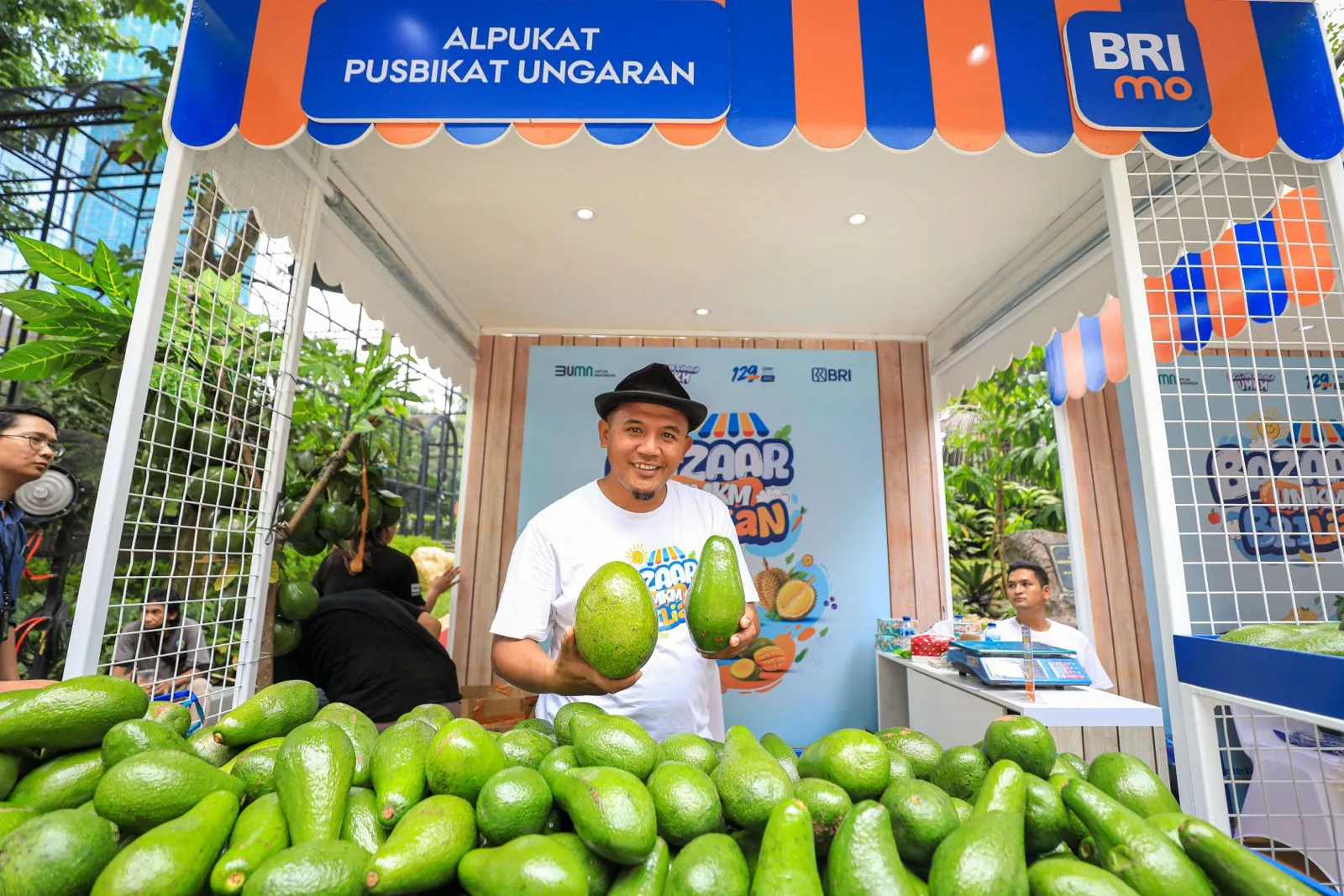PT Bank Rakyat Indonesia (Persero) Tbk (BRI) reported continued improvement in the performance of Micro, Small, and Medium Enterprises (MSMEs) in Indonesia, according to its Q1-2025 SME Business Index (IB) and outlook for Q2-2025. The index stood at 104.3 in Q1-2025, up from 102.9 in the same period last year and 102.1 in Q4-2024.
This growth was driven by seasonal demand during Ramadan and Idulfitri, which boosted sales across sectors such as agriculture, manufacturing, transportation, and various services. Consumer purchasing power was also supported by disbursement of holiday allowances (THR) and social aid.
The agricultural sector saw strong performance due to widespread harvests in key regions and favorable commodity prices. Many MSMEs also improved competitiveness by upgrading product quality and using digital channels, including online sales platforms.
Liquidity conditions improved, and profitability increased as the business index remained above 100. However, rising input costs—particularly in manufacturing, construction, and trade—limited profit margins. Among index components, most stayed above 100, except for production volume, which recorded 99.2.
The average selling price saw the highest increase, reaching an index value of 116.0 due to seasonal price surges. Improved sales volume and pricing contributed to higher turnover, with the turnover index rising to 101.4, a 3-point increase from the previous quarter. Input orders and inventories also rose by 2.6 and 1.4 points respectively.
Rising Input Costs Challenge Profit Margins
Despite positive sales trends, increasing input prices in key sectors continue to squeeze MSME profitability, highlighting an ongoing challenge for business sustainability.
Labor usage increased in response to higher production, and MSMEs boosted inventories to meet holiday demand. While fixed investment continued to grow, the pace remained flat compared to Q4-2024.
Sector-wise, most areas remained expansionary, except mining and quarrying, construction, and hotel and restaurant sectors. Agricultural expansion was fueled by harvests, increased demand, stable prices, and access to inputs like fertilizer and pesticides.
Mining and construction contracted due to unfavorable weather (rainy season), weak demand from public and private projects, and higher material costs. Manufacturing and trade expanded thanks to Ramadan and Idulfitri sales boosts and improved consumer purchasing power.
Hotel and restaurant performance dipped due to shorter operating hours and partial closures during Ramadan. Transportation services saw moderate growth driven by holiday travel demand, while the broader service sector slowed due to decreased demand during the fasting month.
BRI’s Corporate Secretary, Agustya Hendy Bernadi, acknowledged the positive Q1 trend but noted several challenges: weakened consumer purchasing power, rising input prices in industrial and construction sectors, and tight competition in trade and transportation.
“Due to these challenges, MSME players expect more moderate growth in Q2-2025, reflected in the Business Expectation Index declining to 119.2 from 120.4, although it remains above 100,” Hendy said, as quoted by Bloomberg Technoz.
Slower Q2 growth is also expected due to post-Idulfitri normalization in manufacturing and trade, persistent consumer spending constraints, and overall slower national economic growth in 2025.
Despite these headwinds, MSME sentiment remains positive. The MSME Business Sentiment Index (ISB) for Q1-2025 stood at 114.1. The Current Situation Index (ISS) edged up 0.2 points to 93.7, while the Expectation Index (IE) dipped 1.2 points to 134.5, signaling caution for the next quarter.
Confidence in the government also remained high, with the Government Confidence Index (IKP) at 125.9. MSMEs gave top marks for maintaining public safety (index 144.4) and infrastructure provision (index 137.1). The lowest rating was for price stabilization efforts (index 111.5), still above the neutral level.
This sentiment reflects concern over high input costs in manufacturing, construction, and trade, which continue to pressure MSME profit margins.
The survey was conducted by BRI Research Institute between March 25 and April 13, 2025, involving 7,060 MSME borrowers across 33 provinces. The results provide insight into current business conditions and serve as an early warning system for MSME sustainability.
Source: bloombergtechnoz.com, cnbcindonesia.com
Special Photo Credit: via halojaktim.com


